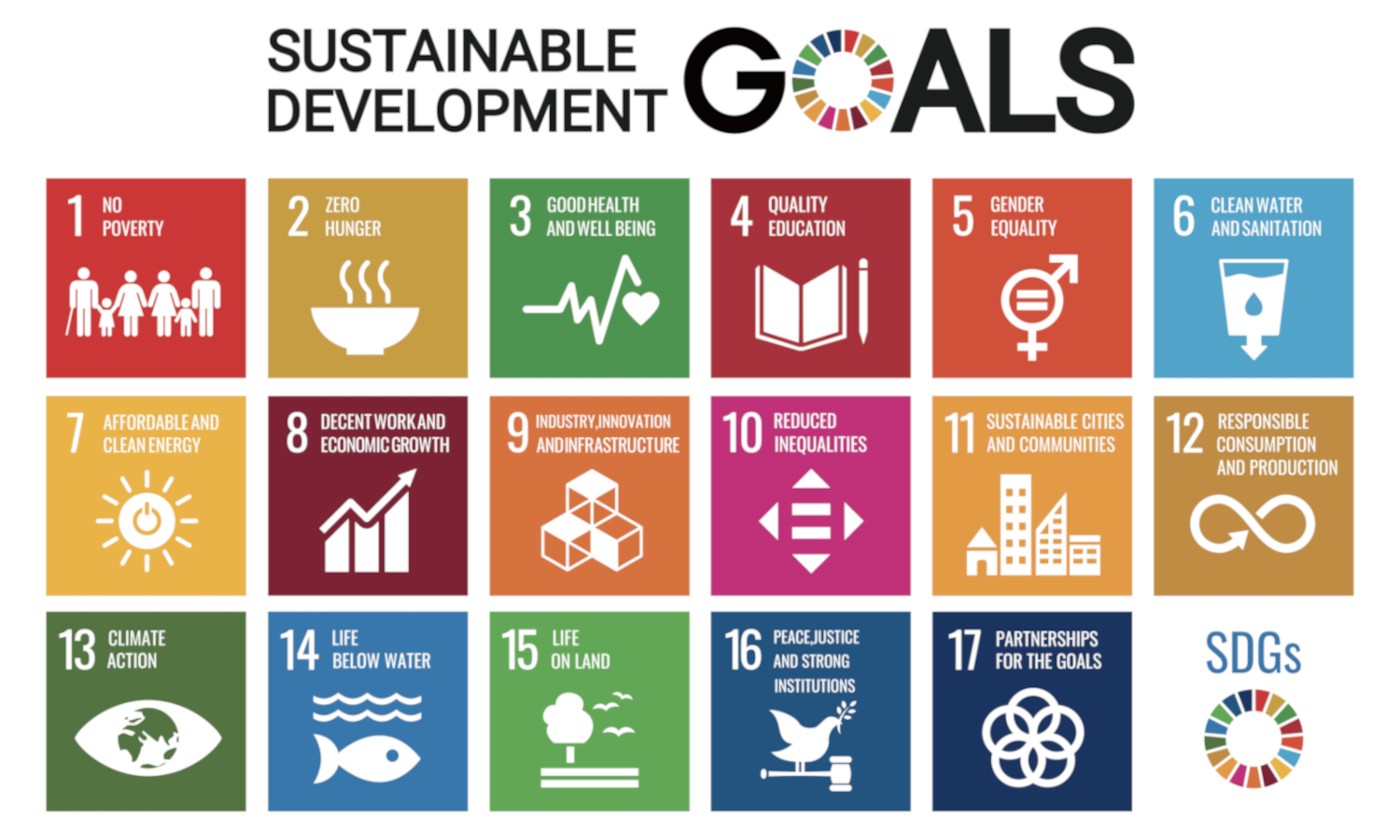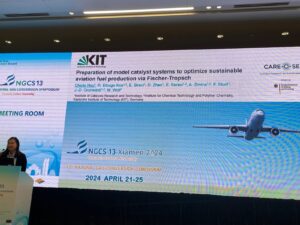
Change NOW
How CARE-O-SENE contributes to the United Nations Sustainable Development Goals (SDGs)
Under the motto"Together for just, ambitious implementation NOW" the United Nations will meet for the Climate Change Conference in Sharm ash-Shaykh, Egypt, from November 7th to 18th, 2022. Seven years earlier, the 193 member states met to prepare for the UN Climate Change Conference in Paris. At the World Summit on Sustainable Development, they unanimously adopted the so-called Sustainable Development Goals 2030 - also known as the 2030 Agenda.The 17 goals are intended to ensure global sustainable development on an ecological, social and economic level.
Among the goals is SDG 13, according to which immediate action must be taken to combat climate change and its impact. But how can such measures be implemented, for example in sectors for which there is no optimal alternative to fossil fuels so far?
With 2.14 million tonnes of CO2emissions for domestic flights in Germany alone (2019),[1] the aviation sector is one of the major greenhouse gas emitters. At the same time, aviation will continue to rely on jet fuel as an energy source in the long term. This is why sustainable aviation fuels (SAF) are of particular importance as an alternative: they are considered forward-looking for sustainable and decarbonised aviation and thus directly contribute to SDG 13. But at present SAF cannot yet sufficiently meet global jet fuel demand. The reasons for this are, for example, the availability of green electricity and hydrogen, suitable market conditions and appropriate facilities for production on an industrial scale. Innovations are therefore needed in this area, which make an important contribution to achieving the sustainability goals. One of these is the recently launched CARE-O-SENE research project. For the linchpin of CARE-O-SENE research is to develop and optimise catalysts that are needed for the mass production of SAF Through CARE-O-SENE, climate protection goals can be achieved despite the continued high demand for transport.
Supported by economy and politics, the seven German and South African project partners are also building long-term, strategic cooperation partnerships. This is precisely what SDG 17 also aims to do by building global partnerships between governments, the private sector and civil society for the achievement of the Sustainable Development Goals. CARE-O-SENE brings together various international companies and institutes and creates a comprehensive knowledge and technology transfer between industry and science. These partnerships will also play an important role in the development of future projects in the field of green hydrogen use. This is because the project is an important part of the German "National Hydrogen Strategy" and the first hydrogen project in which a worldwide problem is being tackled in a global cooperation. In this lighthouse project, which is funded by the German Federal Ministry of Education and Research (BMBF) all project partners are contributing their expertise in the development, testing and commercialisation of catalysts, building knowledge and working together on a global challenge.
[1] Calculations from surveys by the Federal Environment Agency and the German Aerospace Centre:
https://www.umweltbundesamt.de/umwelttipps-fuer-den-alltag/mobilitaet/flugreisen#unsere-tipps
https://www.dlr.de/content/de/artikel/forschung/personenverkehr-in-deutschland-verkehrsmittel-im-vergleich.html





